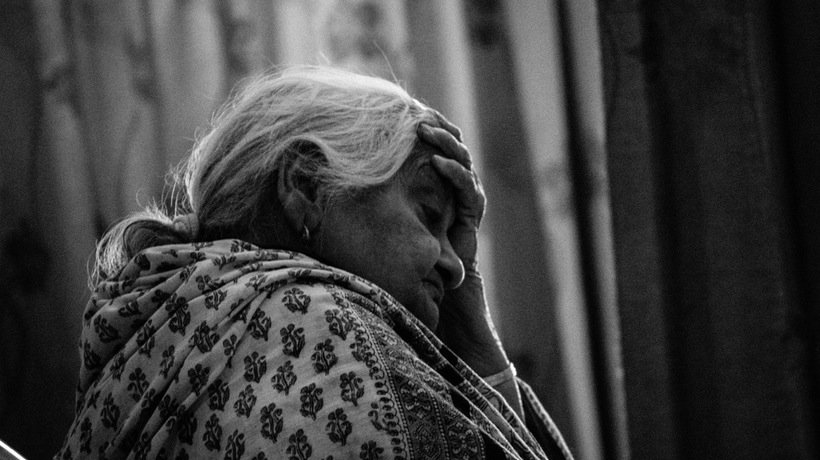Certain amounts of anxiety are all part of life for people of all age groups, but stress can become overwhelming for seniors. The thought of living alone and the loss of a spouse or of friends are factors that could contribute to senior stress. In older adults who have physical or medical limitations, simple tasks could also add up to their burden. Stress could even worsen health conditions thus causing another worry.
Family caregivers need to know the elderly can experience burdens without them knowing it. Learning the signs of stress can help you and your aging loved one(s) learn to recognize the different factors that contribute to stress and take the necessary steps to reduce its effects.
Here are some ways to identify if a senior’s anxieties are a cause for concern:
- Sudden changes in eating habits
- Mood swings in the form of increased irritability, depression, or extreme sadness
- Memory issues like an increased forgetfulness of places, names, or other things that normally come naturally
- Losing focus and exercising poor judgment like overspending on a tight budget
- Body aches, increased episodes of diseases, changes in sleeping pattern including difficulty falling asleep or nighttime sleep disruption
- Social detachment exhibited by either a refusal to socialize with others or to participate in activities that they used to love doing
Though you may not be able to get rid of the stress, there are ways to alleviate it. Yoga, brisk walking, tai chi, and other exercises can help ease tensions. One of the best ways to decrease anxiety is to shift your attention to a different task and tune out distractions. Many types of games and hobbies can be effective de-stressors because they help you redirect your focus, while also stimulating your mind. Try the word search to the right of this article for stress relief through positive distraction.
